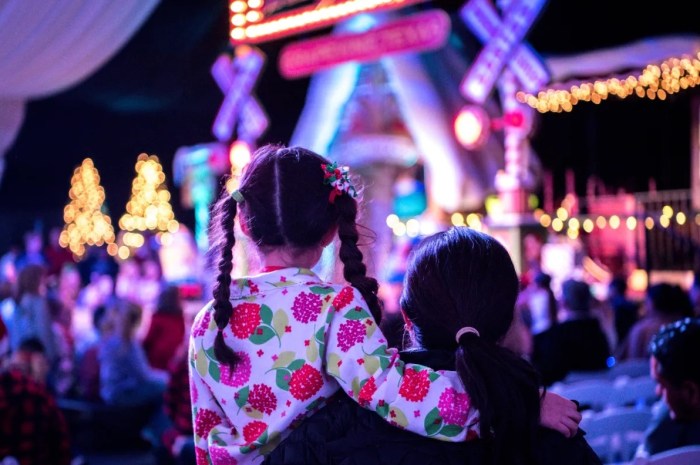The execution of two New York City police officers in Brooklyn on Dec. 20 sparked blue-blooded outrage over Mayor Bill de Blasio’s handling of recent protests. New York City’s Finest turned their backs to de Blasio at the cops’ funerals and the mayor was heckled during the recent NYPD graduation ceremony.
The rift between de Blasio and city cops is echoed throughout the soapboxes of America, with police supporters denouncing protesters as anti-cop and a handful of protesters assaulting officers at rallies.
Both groups seem to be missing a crucial point in this war between authority and civil liberties: It is entirely possible to support police officers while at the same time believing in the rights of Americans to gather in protest against any perceived injustice—even one that calls into question the actions of a police officer.
Part of the First Amendment of the U.S. Constitution prohibits “the making of any law interfering with the right to peaceably assemble or prohibiting the petitioning for a governmental redress of grievances.” That certainly does not mean protesters can feel free to assault police officers. But to use the death of these two officers to even suggest eroding the rights of citizens is dangerous. The officers in Brooklyn were killed by a murdering psychopath, not law-abiding citizens who wished to see an end to all forms of police brutality.
In astonishingly short order, America has devolved from a post-racial paradise with an African-American President to a racially divided powder keg with extremists on both sides of the argument. Just like old times. The deaths of Eric Gardner and Michael Brown in Ferguson, MO, rightfully set off protests against bad cops who overreach with their authority—a problem threatening both law-abiding citizens and all the good cops out there as well.































